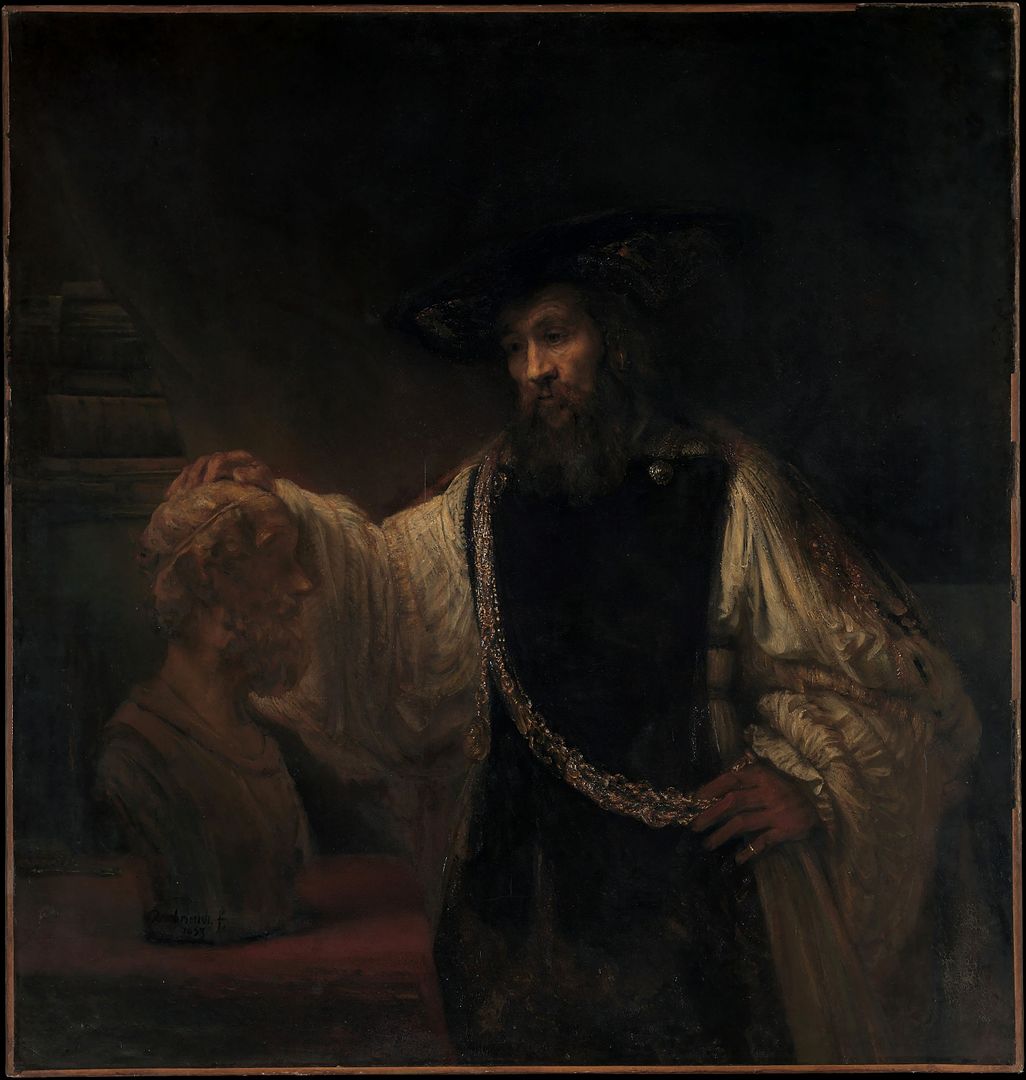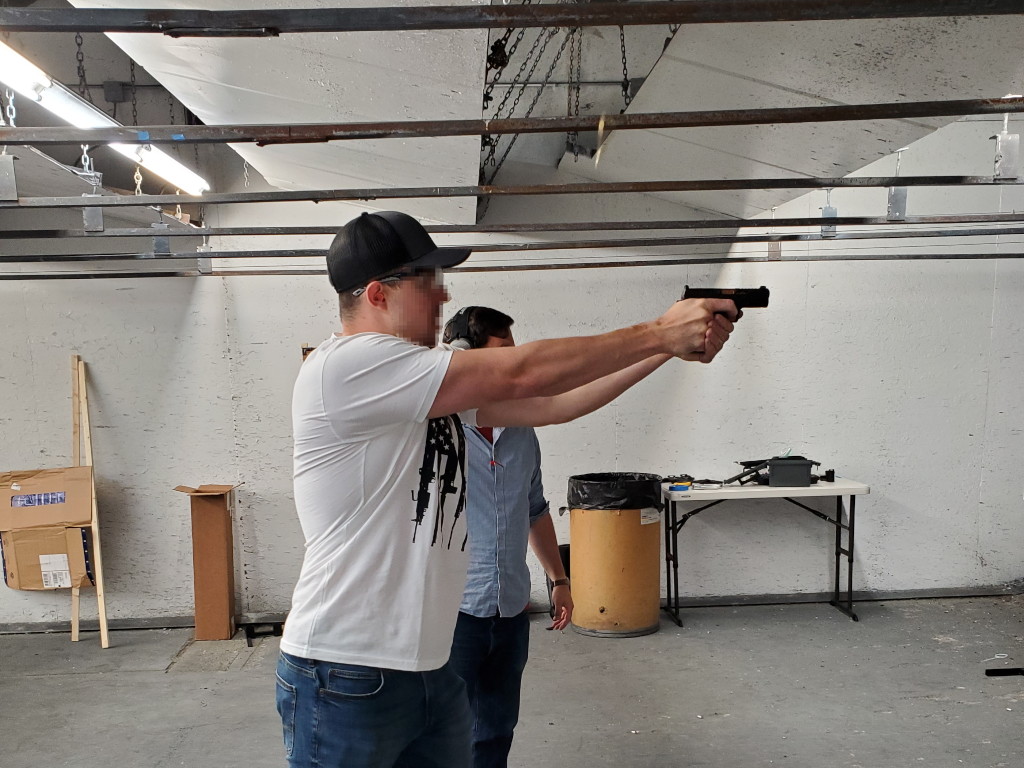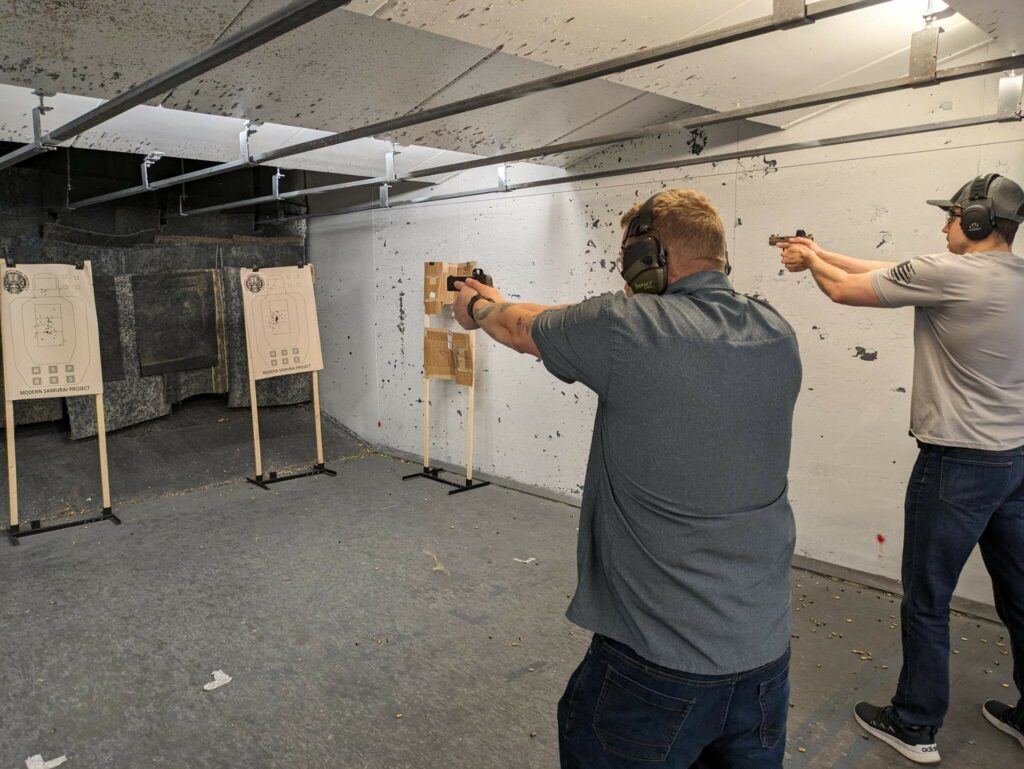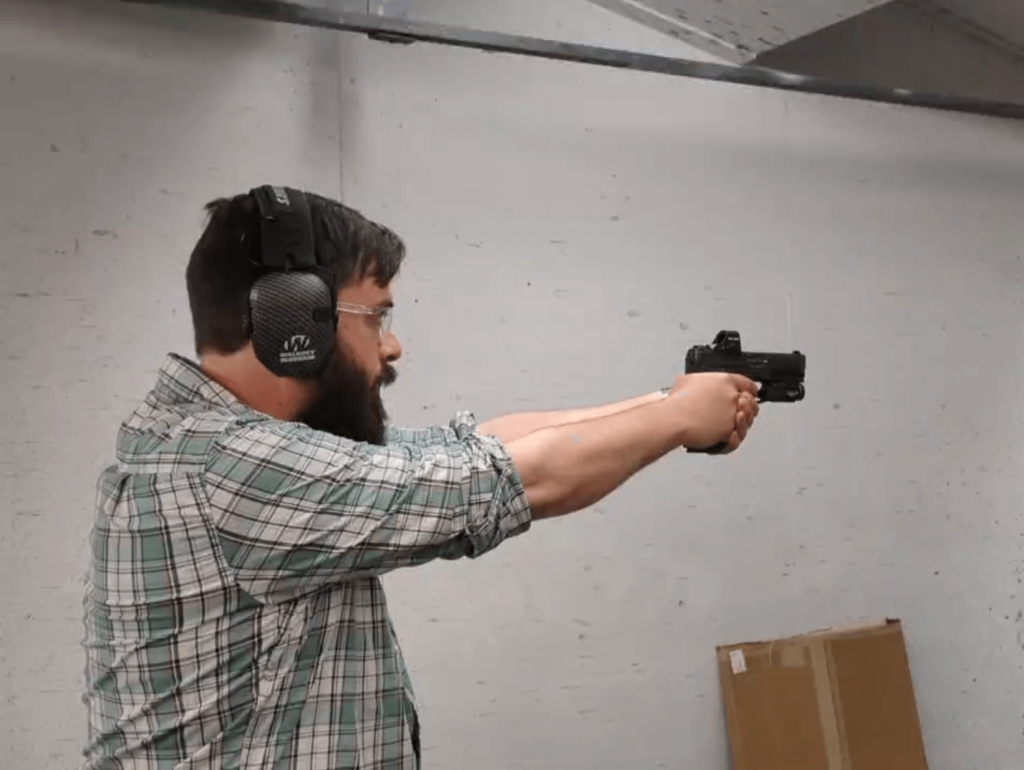Why Talk About Shooting Virtues?
There are all sorts of frameworks for talking about shooting: Tactical, competition, sports, and that one trick your cousin has for shooting that totally works. At Wolfbee, we like to talk about shooting virtues and vices, using ideas of craftsmanship and art to describe shooting because we think it describes the effort and process of shooting well. Granted, virtue isn’t a common way of describing shooting so why use virtue language for shooting? Why frame it in terms of craftsmanship and art?
Virtue and (Shooting) Excellence
When Aristotle used virtue to describe moral excellence, he was borrowing from ancient sport and general excellence to describe the moral life: the sort of training athletes do to win a race is the same sort of determination and focused required for living well. Couched in terms of human flourishing, he described virtue as the sorts of habitual actions that become so ingrained in a person that they become a part of their character. When humans consistently act in a way that cooperates with their nature towards their flourishing, they build virtue.
These same concepts governing moral virtue can be applied to shooting. The habitual excellent actions required to be a good shooter (building “muscle memory”) is the same process for practicing moral virtue. Consistently practicing excellence in firearms handling builds the virtuous character, whether it’s a consistent draw, shooting well, or firearms safety. Shooting regularly, if you have that privilege, or dry firing daily, are consistent habitual good actions that build virtues.
I prefer this language to sports or “reps” language because built into it is the concept of habitually practicing well, working as a craftsman to hone your skill. Virtue is an art to be practiced in a particular context by a particular person, not a technical science to dissected and replicated in a vacuum. Shooting is precisely that sort of art where the individual, the firearm, the situation, and all the particular factors play a role in how to shoot well. The principles remain the same, but their application is particular to the individual.
Virtue and (Lethal) Moderation
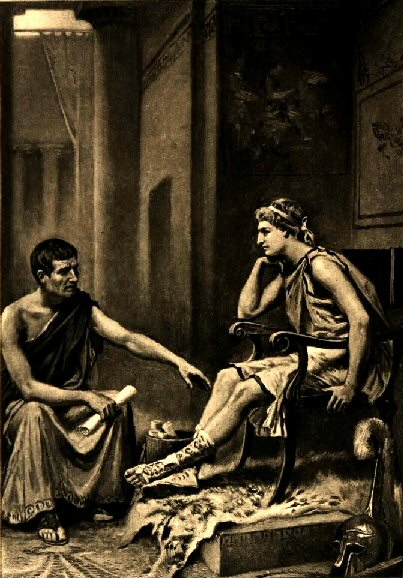
At the heart of the concept of virtue is the “golden mean”, the idea that virtue necessarily involves a mean between two extremes, the state between excess and deficiency. In moral terms, courage is the mean between cowardice and foolhardiness. This moderation is particularly helpful in a shooting context where sobriety and moderation is essential to the proper exercise of self defense.
If you’ve been around guns for any amount of time, you probably know people on both extremes, both excess and deficiency, in shooting and guns in general. This is another reason we like to use virtue language to describe shooting well. It helps give natural guardrails around training and firearms without trying to dictate exact particulars (like everyone must carry a Glock). In training, this involves practicing the areas that are most important to you in the context of the other skills necessary to excel. Framing shooting in terms of virtues avoids the temptation to either “just try to go faster” while ignoring things like accuracy or downplaying speed as unimportant.
It also places self defense in the context of our actions, independent of our tools. Like any craftsman, the tool used is less important than the skill of the artisan; a hammer and chisel are not what makes a sculpture beautiful, they simply enable the craftsman to exercise his art. Likewise, firearms are not the means of our self defense excellence, they are merely tools that are effective (or not) based on the virtues we have acquired. Put another way, a $500 handgun and a $2,000 handgun will have no meaningful difference in defensive capability. The biggest factor will be the shooter and the habits they’ve chosen to build.
Virtue and (Firearms) Morality
Another way that virtues are helpful when talking about shooting is in the reinforcement of the fundamental moral character attached to firearms and shooting. We already use moral language when we talk about guns and self defense, words like “rights,” “duties,” and “obligations.” While those concepts can be helpful, virtues better describe both the training excellence as well as the moral character involved with using a firearm in self defense.
While you might believe you have a duty to protect yourself and your family, that negative framing of your actions doesn’t give any indication of what to do about that. It leaves you with a “now what?” answer to the question of duty. That same idea, expressed in virtue terms of justice, fortitude, and courage gives a more context and flesh to the question “How do I protect myself and my family?” Virtues call for excellence, whether it is defending your loved ones or practicing firearms safety.
Virtue and (Defensive) Training
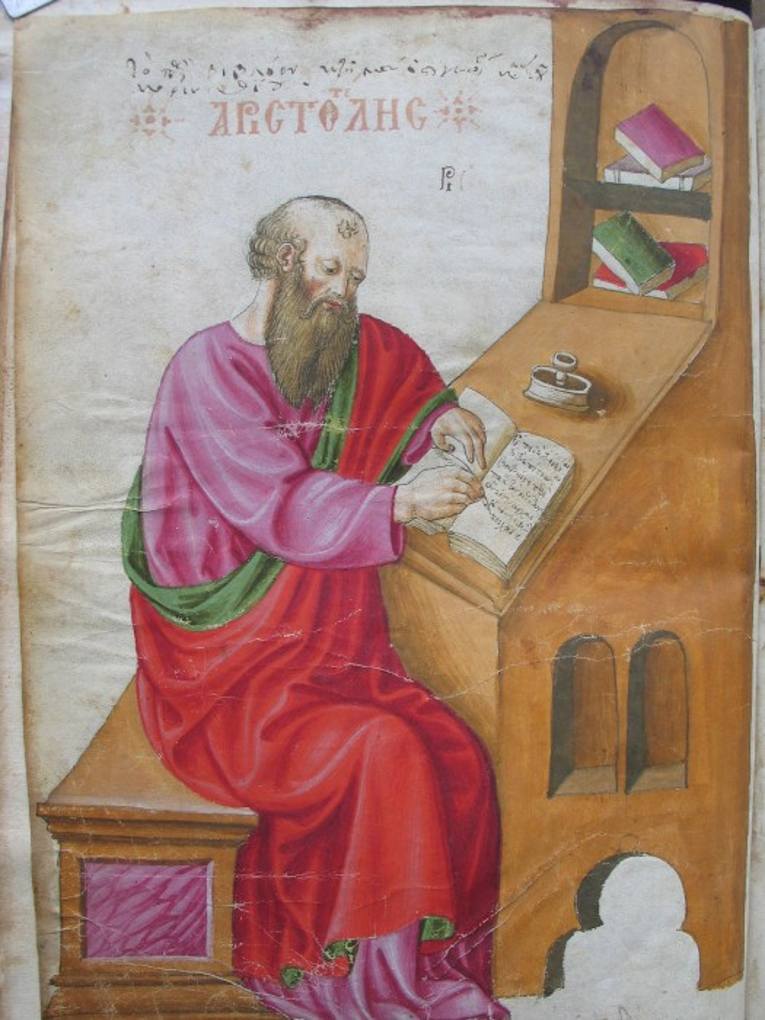
We’ve looked at firearms and shooting on the context of virtue. There’s nothing wrong with other frameworks like sports or tactics, and many trainers employ those with great success. In fact, many of ideas around virtues discussed above can fit nicely with other frameworks.
We choose to frame shooting and firearms training in terms of virtue because we train how we live, and we’ve found the virtues best match our lives. We’ve also had great success with students who want to get better using a virtue context because it naturally corrects for some of the vices that can develop with the other frameworks.
Ultimately, if you consistently build good habits and establish a character that cooperates with firearms flourishing, avoiding extremes and practicing good shooting virtues, you develop as a great shooter.
Upcoming Live Fire Classes
Defensive Pistol Fundamentals – 1
Saturday, January 27th – 9am to 1pm
This class is a live fire training opportunity to work on defensive pistol skills. This first class will focus on fundamentals, including grip, site picture, and draw.
Intermediate Defensive Pistol – 2
Saturday, February 24th – 9am to 1pm
This intermediate defensive pistol class will focus on taking the next step in your firearms proficiency with items like target transitions, reactive targets, and reload drills.
Next Level Defensive Pistol – 3
Saturday, March 30th – 9am to 1pm
This next level defensive pistol class is an advanced class for practicing shooting and moving, transitions, and reactive targets.
Other Posts you Might Like
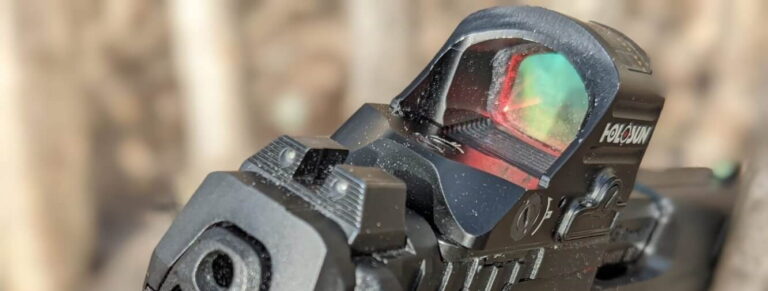
Holosun 407C X2 Review- 12K Rounds Later
*Updated February, 2024* I’ve been carrying the Holosun 407C X2 daily since 2021 and have over 12,000 rounds through it at the time of writing. Below is my experience with it over a few years and a few thousand rounds. Consider this a Holosun 407C X2 Review, just 12k+ rounds later. The vast majority of…
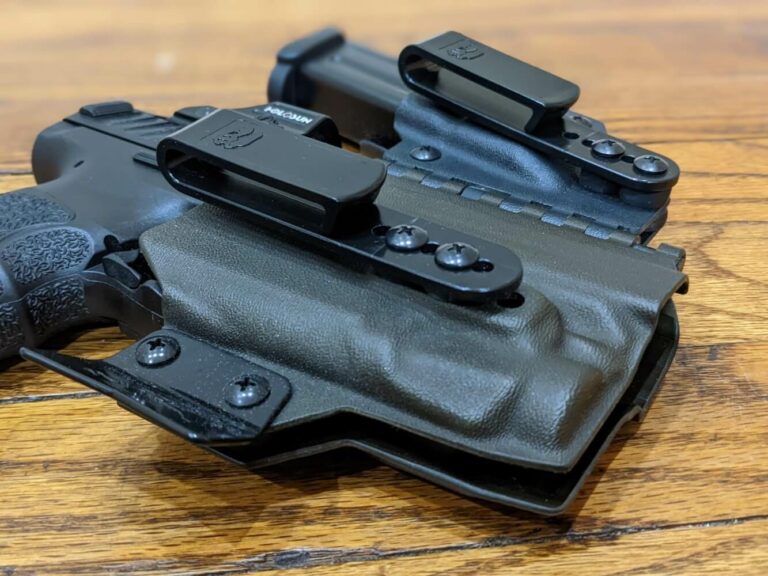
T.Rex Arms Sidecar Review
Updated 12.15.2023 with a reflection on two years of carrying. If you’ve been concealed carrying for any amount of time, you probably have a a collection of various holsters in different combinations for lights, guns, belts, sidecar setups, etc… When I saw T.Rex Arms had come up with a new Sidecar setup using a flexible…
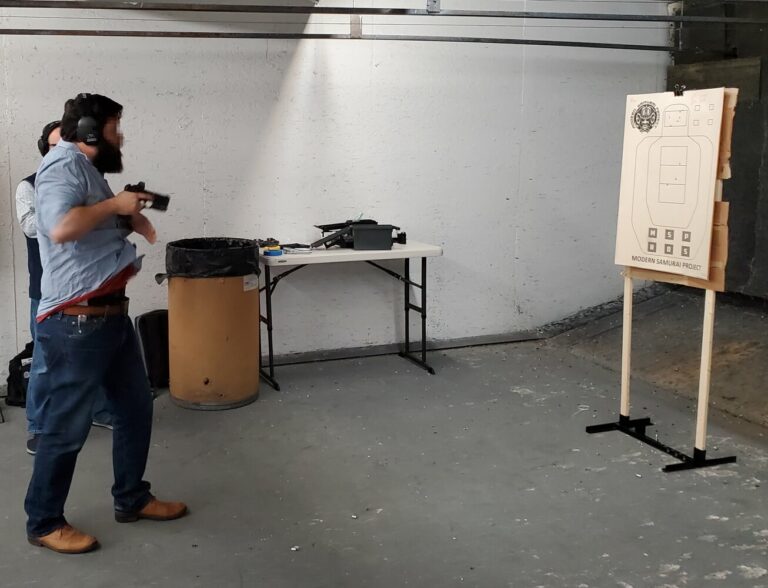
I’ve got my CCL – Now What? Next Steps for Concealed Carry
One of the most common questions I get is what to do once you have your concealed carry permit. Students who have taken a concealed carry class or friends who have just gotten their permit in the mail inevitably ask: Now what? What are my next steps for Concealed Carry? While different people may have…
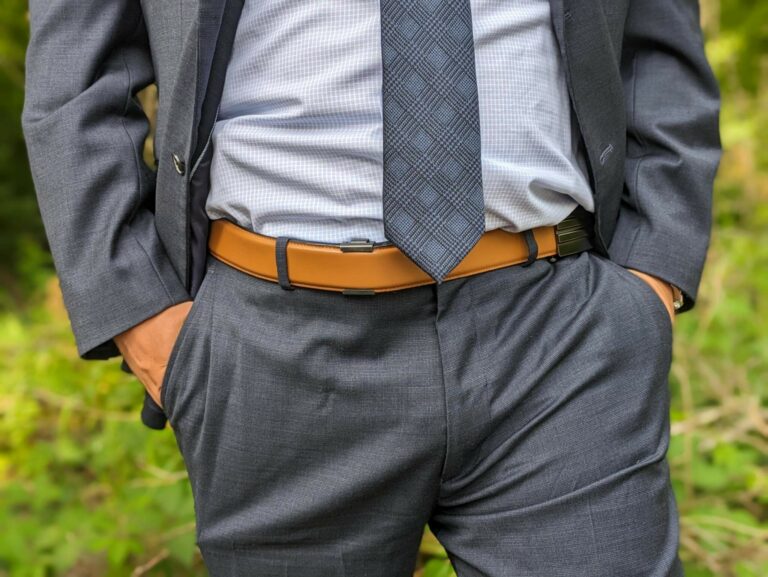
NeoMag Alias: A Great Low Vis Option
Updated December, 2023 Back in October of 2021, I picked up a NeoMag Alias, a low visibility belt clip option for concealed carry. I’d previously switched to carrying appendix a few months prior and needed something to wear with a suit that didn’t obviously show the clips. Carrying strong side on a suit was easy,…
